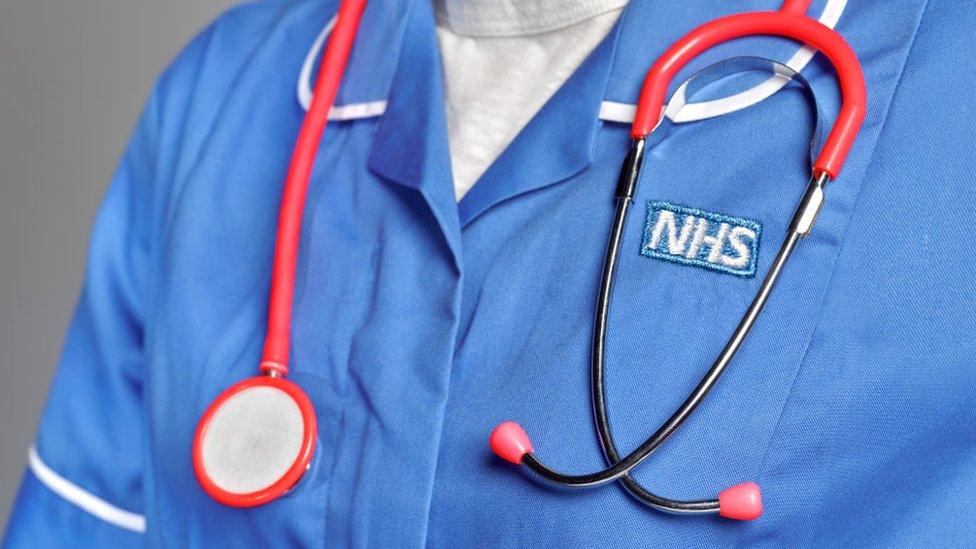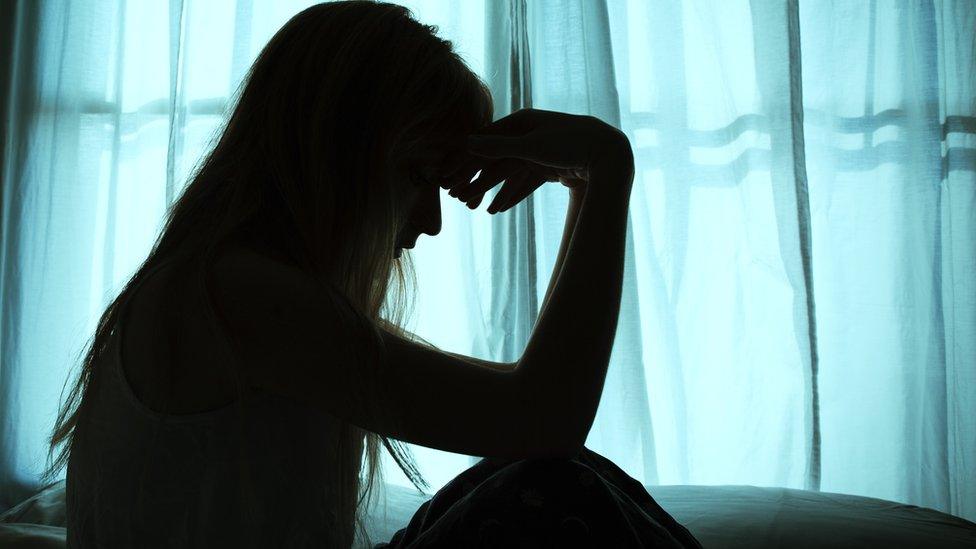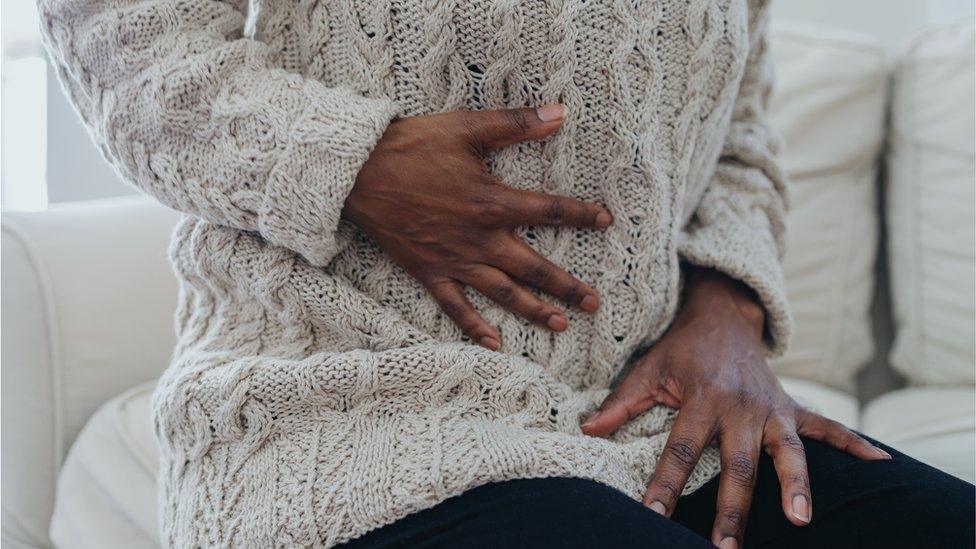NHS England staff to receive paid leave after miscarriages
- Published

Women who miscarry in the first 24 weeks of pregnancy will be offered up to 10 paid days off and their partners five days.
NHS England has said any of its staff who miscarry in the first 24 weeks of pregnancy can take 10 days' paid leave.
Partners can take five days. And staff who miscarry after six months will still be offered paid maternity leave.
The policy, adopted by Humber Teaching NHS Foundation Trust last year, is now being rolled out nationally.
An official for the NHS in Wales said it would consider offering a similar scheme. BBC News has also contacted NHS Scotland and Northern Ireland.
UK workers who miscarry before 24 weeks have no legal right to maternity or parental-bereavement leave - although, a number of large companies, including Tesco, external, Lidl, external, John Lewis, external and Santander, external, offer it.
Some may choose to take sick pay or compassionate leave - but this is at the discretion of employers.
Specialist support
NHS England's new pregnancy-and-baby-loss policy will also ask trusts to give staff paid time off to attend appointments, scans and tests, plus for any mental-health interventions.
And staff returning to work after a miscarriage will be given specialist support by their NHS trust or baby-loss charities.
After a trial at Birmingham Women's and Children's NHS Hospital Trust, staff said the policy meant they were twice as likely to keep working for the trust.
One in four pregnancies in the UK ends in miscarriage.
And a Chartered Institute of Personnel and Development (CIPD) survey found just under a quarter of employees who had experienced pregnancy or baby loss had left their jobs following a poor response from their company.
Dr Navina Evans, chief workforce, training and education officer at NHS England, said baby loss was "an extremely traumatic experience" that hundreds of NHS staff experience each year.
"It is right they are treated with the utmost care and compassion when going through such an upsetting experience," she said.
Women's Health Strategy Minister Maria Caulfield said: "Our brilliant NHS workers look after us when we need it most and this new guidance is a positive step towards ensuring they are supported through the tragedy of losing of a baby."
Kath Abrahams, who runs the baby loss and pregnancy research charity Tommy's, said: "As the largest employer in the UK, the NHS is sending a powerful signal that staff going through this experience deserve understanding, compassion and the right to grieve - and that support is possible no matter what your workplace looks like."
Related topics
- Published10 May 2021

- Published29 October 2021

- Published21 May 2023
